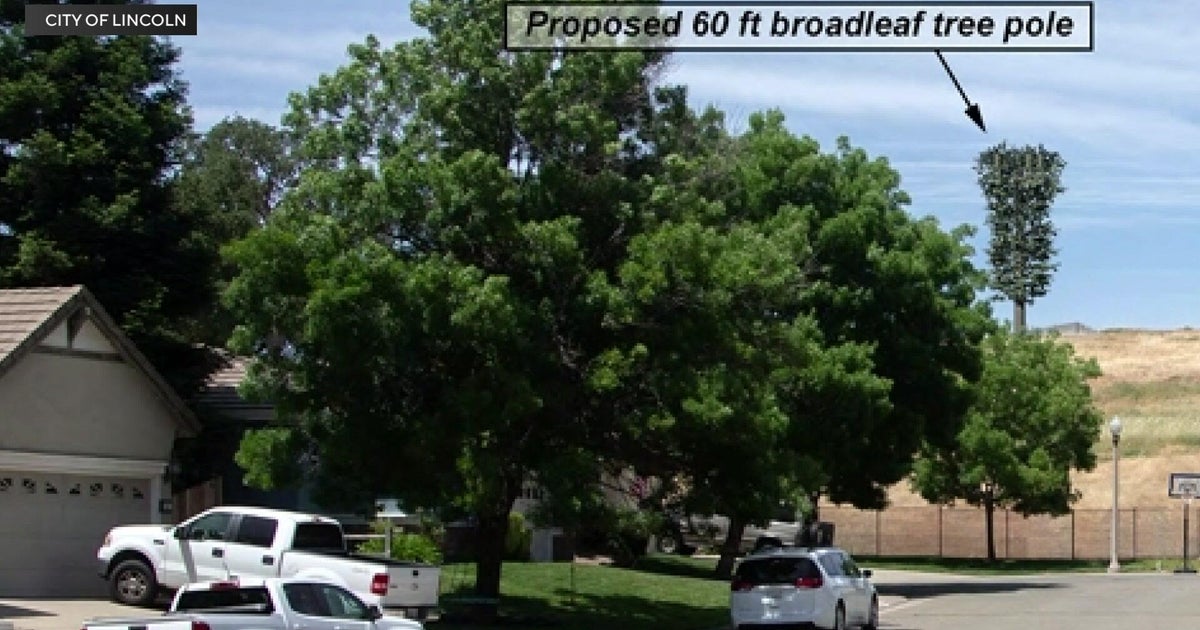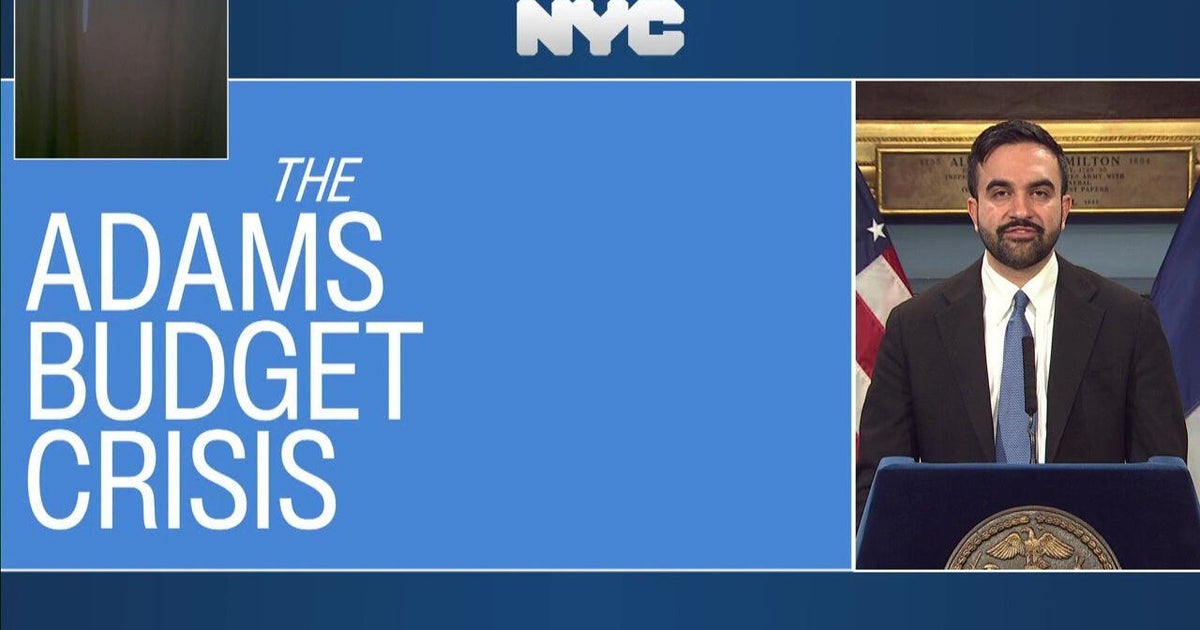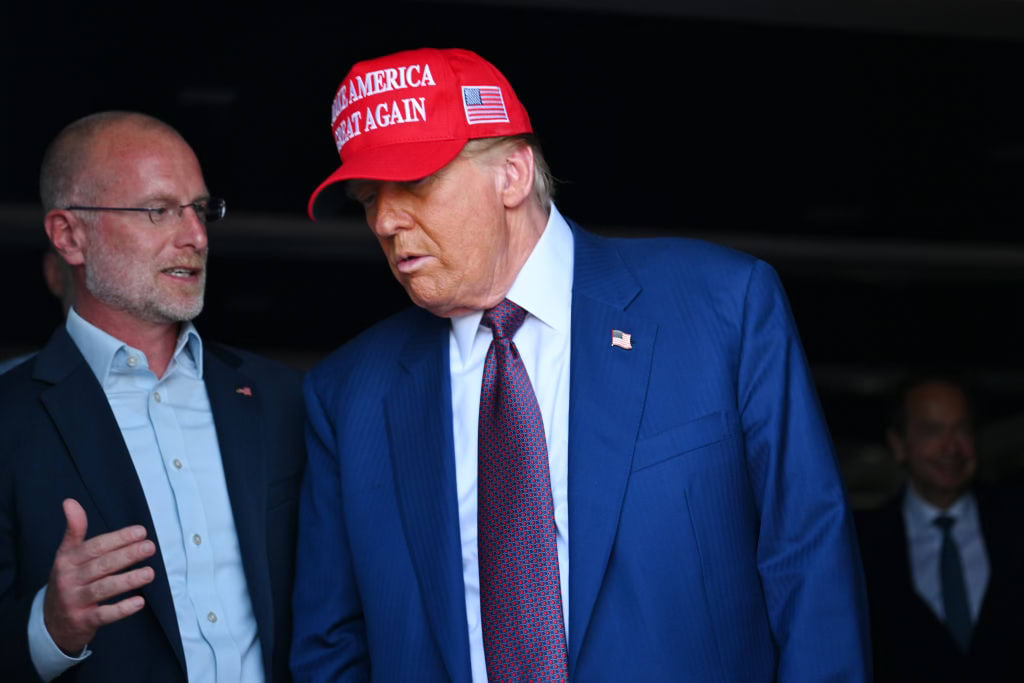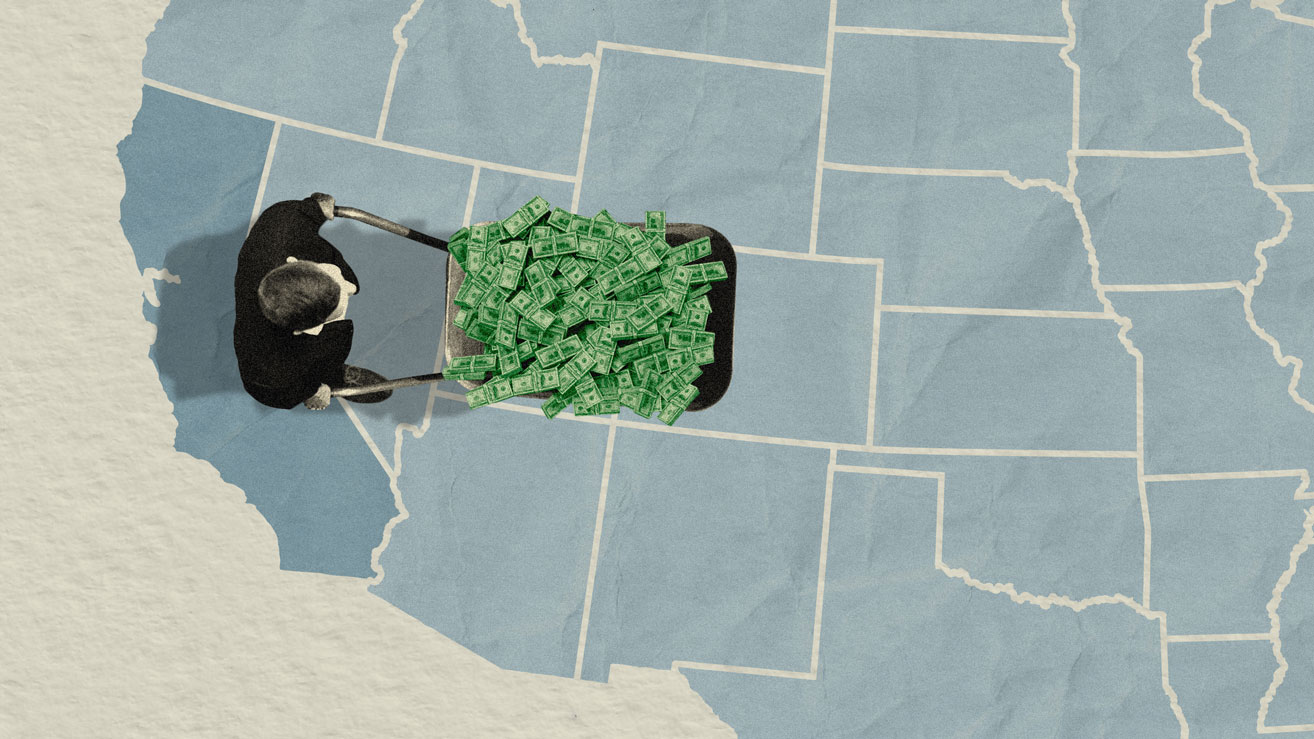California scraps controversial plan to levy "text tax"
California regulators are nixing a plan to tax mobile phone messaging following a ruling by federal telecommunications regulators.
The controversial "text tax," which drew opposition from wireless providers and business groups, had originally been introduced as a means to fund programs that make phone service accessible to low-income residents.
The Federal Communications Commission last week classified messaging as an information service rather than a telecommunications service. California Public Utilities Commissioner Carla Peterman withdrew the plan "in light of the FCC's action" on Dec. 12, regulators said Friday.
The surcharge would have supported the Public Purpose Program budget amid declining telecom industry revenue, which currently funds the program. But opponents attacked the plan for taxing a widely used communications tool.
The wireless industry disputed the legality of the tax plan, which was estimated to raise about $44.5 million per year, according to the California Chamber of Commerce. The telecom firms said the text tax could be applied retroactively and cost state taxpayers $220 million.
The FCC ultimately sided with wireless companies, which argued that texting is an information service similar to email and not a telecommunications service over which the agency has authority. Federal law limits state authority over information services.
-- The Associated Press contributed to this report.





